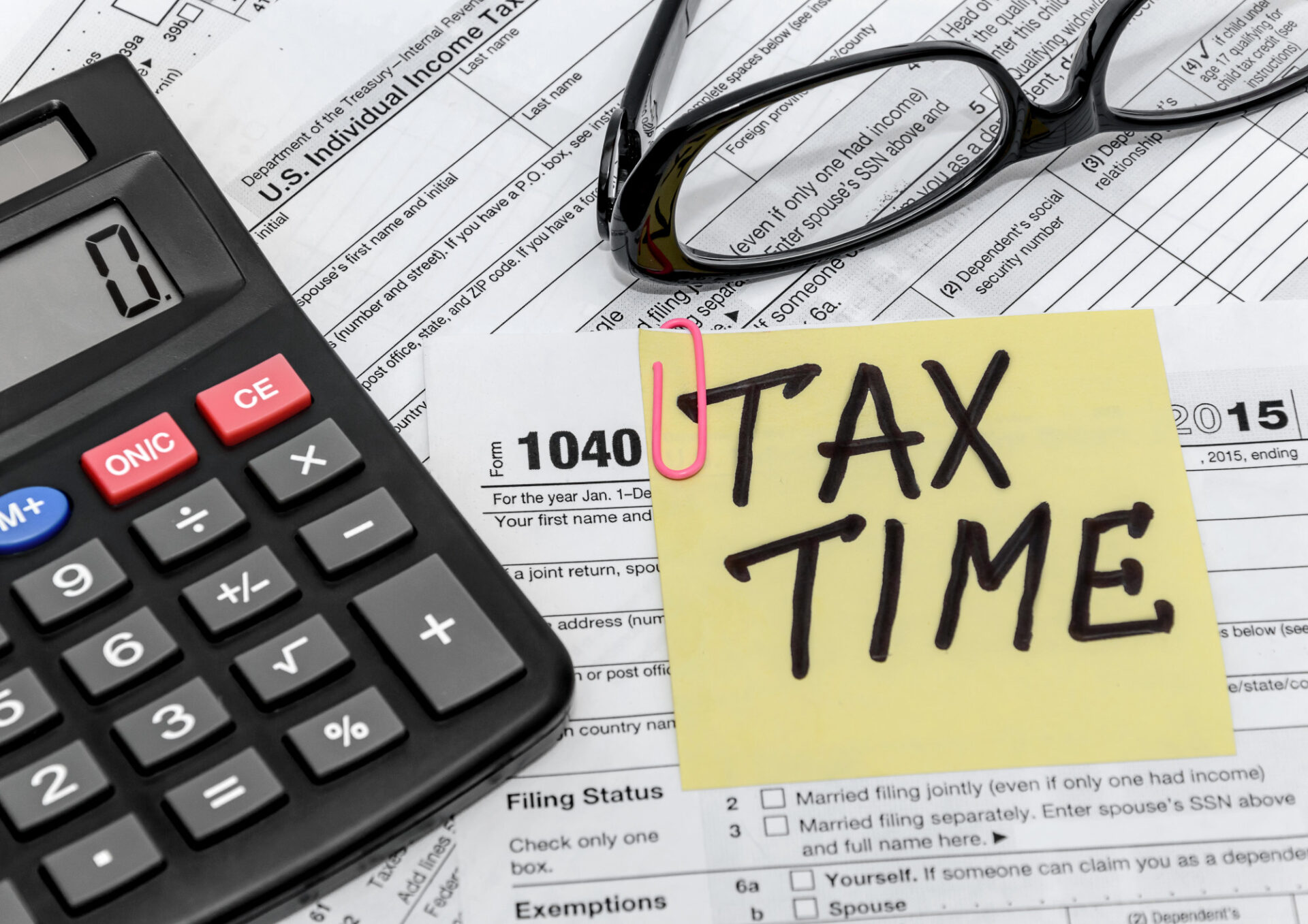This is the best time to be in the marijuana industry, but because it’s so new, there are many potential pitfalls. The biggest potential pitfall is marijuana taxes.
There are many marijuana tax issues that businesses face that everyday small businesses don’t.
Read on to learn what those issues are and how you can prepare your cannabis business taxes and file your taxes on time.

You have to get your business records together that shows what your revenue and expenses were for the year.
The required documents that are required are business receipts, payroll records, profit and loss statements, and records of taxes that were paid during the year.
From there you’ll need to calculate the total amount of income and expenses. You’ll need to categorize your expenses.
It’s much easier to keep track of your income and expenses if you keep up with it during the year. For example, you can spend a little time each month reconciling your accounts and tracking your revenue and expenses.
That will save you hours in January and February because you’ve already done the work during the year.
It’s easy to do if you have accounting software to work with because the software will categorize your expenses according to your chart of accounts.
The vast majority of businesses rely on business expense deductions to lower their profits, and thus, lower the amount of taxes owed on those profits.
You want to be able to do the same with your cannabis business taxes, but you may not be able to. The reason why is in the IRS Section 280E.
Section 280E says that businesses that get their profits from the sales of Schedule I or II drugs can’t take those business deductions. You could be stuck paying taxes on all of your revenue.
There may be a couple of workarounds, however. One would depend on the types of products you sell. A cannabis company that sells products derived from hemp may not have these issues. Same with a company that sells medical marijuana products.
The other possibility is to determine your cost of goods sold and deduct that from your expenses. Your COGS are costs directly related to the creation of a product.
These expenses would include labor, materials, shipping, and warehousing costs.
You’ll need to get 280E help from a qualified professional to make sure you understand the deductions you’re taking.
Employers are required to send two tax-related documents to employees and independent contractors. Employees must receive three copies of their W-2 form, which documents their earnings and tax withholdings for the year.
Independent contractors receive a 1099-MISC, which documents how much you paid them for the year. Contractors are responsible for their own tax payments, so you don’t need to be concerned with withholdings.
These documents must be sent to employees, contractors, and the IRS by January 31 each year.
Your business structure will determine what tax forms you need to file. Using the incorrect forms to file your taxes can delay processing or cause your return to get rejected.
Sole proprietors and single-member LLC have their personal and business taxes treated the same by the IRS. If you fall into this category, you’ll file Form 1040 and report your business revenue and deductible expenses on Form Schedule C.
If you are a single-member LLC that chooses to be taxed as an S-Corp, you’ll need to file Form 1120-S. Companies that are structured as S-Corps also file this form. You would then file your personal income taxes separately on Form 1040.
LLCs that have more than one member and partnerships are required to report business revenue and deductible expenses on Form 1065.
You’ll need to pay state and local taxes for your cannabis business as well. In California alone, marijuana taxes generated about $300 million in revenue for the government.
How much you have to pay will depend on the laws of your state. Each municipality also has its own laws regarding taxes for marijuana businesses.
Some states may allow you to take full business deductions, while others impose a “Stamp Tax,” which is a tax on the sales of illegal drugs.
The IRS and state Departments of Revenue know that cannabis-based businesses are largely cash businesses. They want to make sure that you pay all of the taxes that you owe, which increases your chances of getting audited.
It makes it vitally important to maintain excellent records of your income and expenses. It’s good practice to maintain records, but this could mean the difference between fines and clearing a tax audit unscathed.
You want to have all of your business records organized and filed for about 7 years. This includes payroll records, expenses, insurance documentation, and income receipts.
You also need to hire a team of professionals who understand marijuana tax laws to help you defend your business if you are audited.
It’s your responsibility to understand marijuana tax laws in your state and at the federal level. It’s a complex world that seems to be changing rapidly.
You need to have a team of tax professionals who understand marijuana tax laws and how cannabis businesses are scrutinized by the IRS. That will protect the longevity of your business.
Contact us for a free tax consultation today.